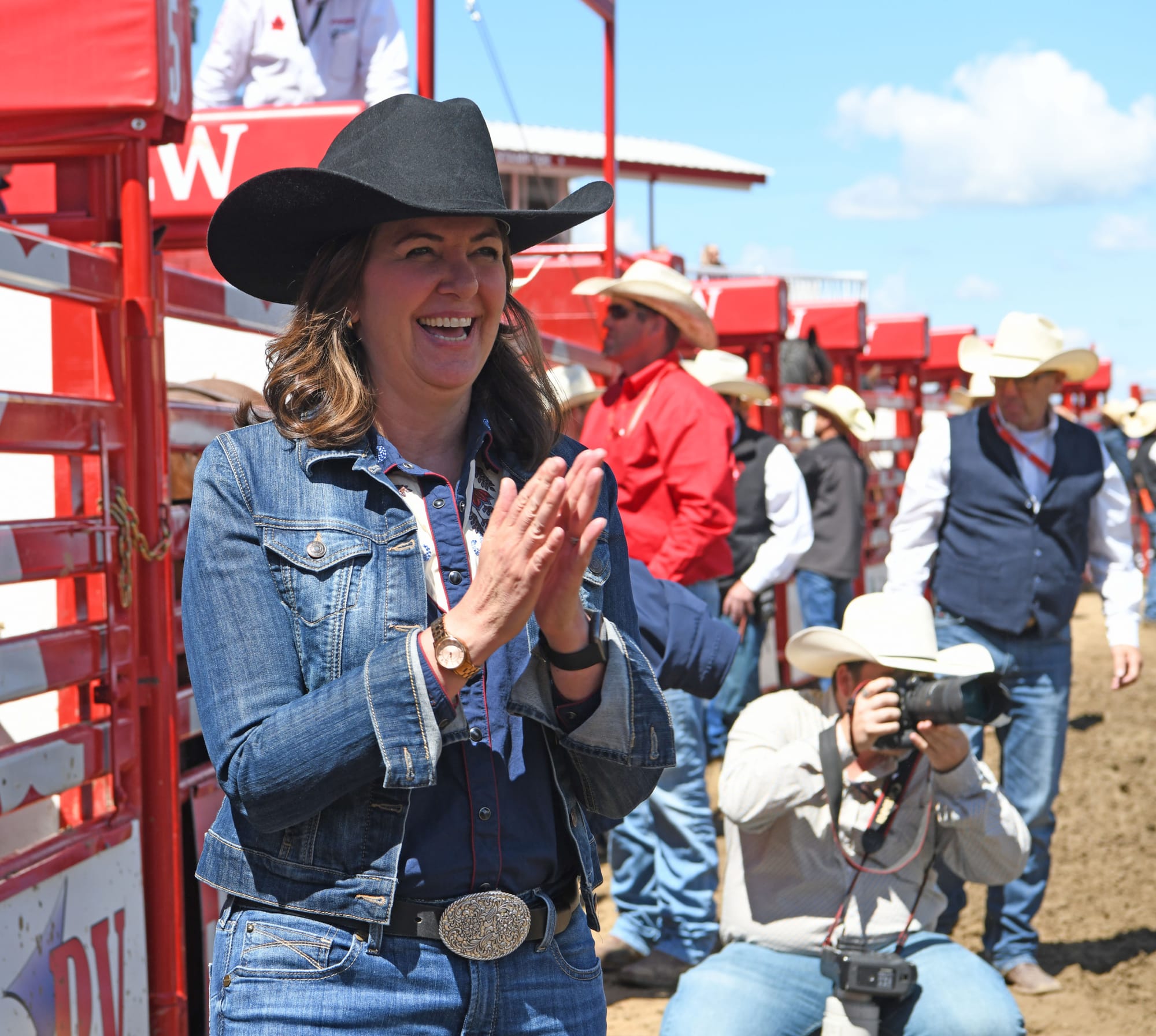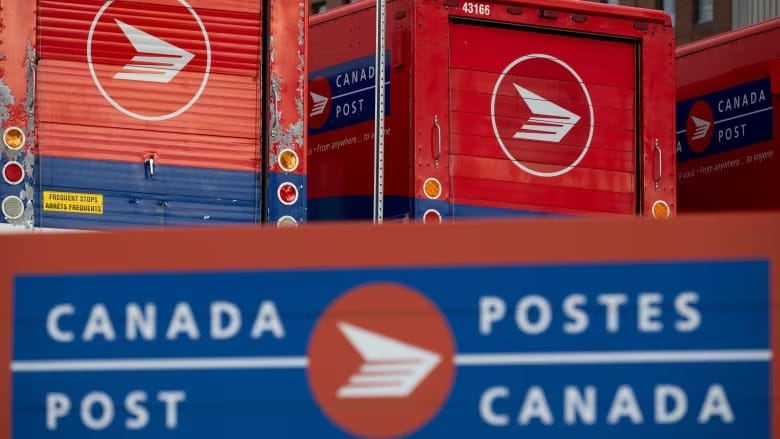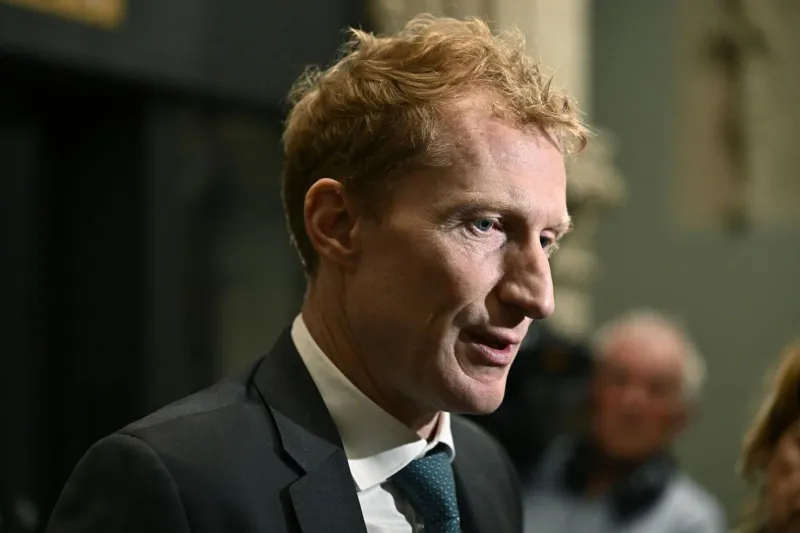The battle Danielle Smith is fighting Alberta is far from over
Yet, this week, he withdrew that support, labeling the project a "boondoggle" and attempting to pin the blame on former Mayor Nenshi, who hasn't held office in nearly three years.

In the last Alberta election, a few thousand votes in key suburban Calgary ridings made all the difference. Now, with former Calgary mayor Naheed Nenshi leading the Alberta NDP, it might seem logical for Premier Danielle Smith to prioritize these areas' interests.
However, her UCP government recently scrapped the LRT project that would have served these communities.
Despite the apparent political risk, there seems to be a calculated strategy behind this move. Initially, the Green Line was meant to connect numerous underserved communities in the southwest and north to Calgary's existing LRT network.
However, after years of delays from the UCP government, pandemic-related challenges, and rising costs, the city scaled down the project.
Minister of Transportation and Economic Corridors Devin Dreeshen had reassured the province's $1.53 billion contribution to the Green Line, stating in an August 1 interview with CBC Calgary that the funding was secure.
Yet, this week, he withdrew that support, labeling the project a "boondoggle" and attempting to pin the blame on former Mayor Nenshi, who hasn't held office in nearly three years.
This decision isn't likely to sit well with the affected communities. But it’s not the only controversial move by Smith’s government. The UCP’s handling of Alberta’s healthcare system—splitting Alberta Health Services into four organizations and handing some hospitals over to Catholic-run institutions—has raised concerns.
These moves seem designed to create more confusion and bureaucracy, which contradicts the conservative ethos of smaller government.
The question of how this strategy will attract healthcare professionals remains unanswered.
Additionally, Smith is pushing forward with plans to create a provincial police force, despite overwhelming public support (over 80%) for retaining the RCMP.
Her ongoing threats to pull Alberta out of the Canada Pension Plan are similarly unpopular, even after extensive government efforts to sway public opinion through town halls and advertising campaigns.
So why is Smith, a populist leader, pursuing these unpopular policies? The answer lies in her understanding of internal party dynamics.
Former conservative premiers like Ed Stelmach, Alison Redford, and Jason Kenney all learned the hard way that the biggest threat to conservative leadership often comes from within the party itself.
The UCP, particularly in its post-pandemic form, is heavily influenced by far-right activists like Take Back Alberta, who are more focused on settling old scores than on governing for the general public.
With a leadership vote scheduled at the UCP’s annual general meeting in November, Smith has been courting the support of this faction for months.
Even if she survives the vote, she’ll likely continue to prioritize their interests over those of the broader public, knowing another leadership challenge could be on the horizon.
Until Smith's UCP is defeated at the polls, the province will remain beholden to the preferences of a small, mostly rural and deeply conservative group of UCP members.
Their priorities will outweigh the needs of Alberta’s four million residents, and if that means breaking the healthcare system, canceling crucial transit projects, or pulling Alberta out of the Canada Pension Plan, Smith appears willing to do whatever it takes to maintain power within her party.





